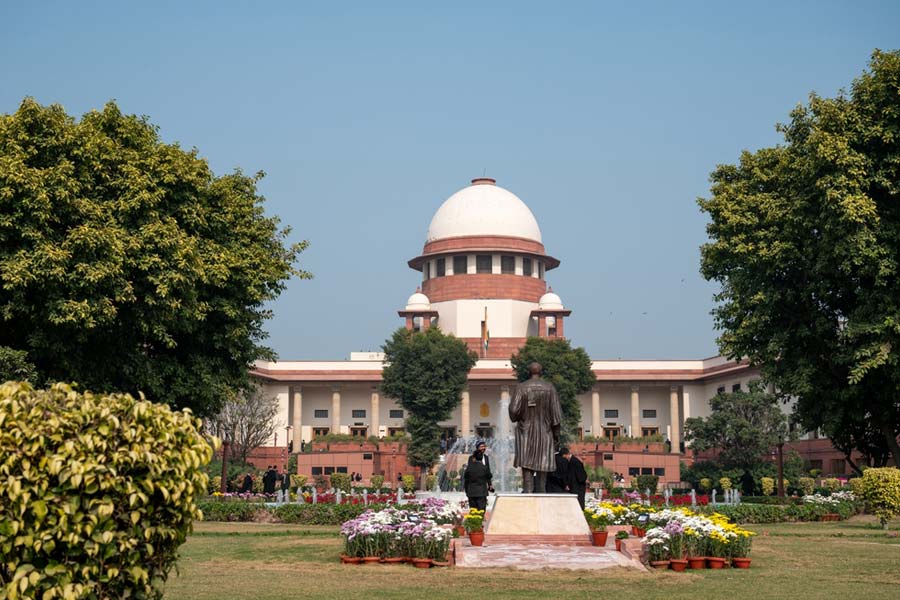The Council for the Indian School Certificate Examinations (CISCE) will introduce a school improvement plan in the next academic session to assess the quality of schools, the council chief said.
The assessment parameters will include inclusive practices, the satisfaction of students, parents and teachers, and school infrastructure.
“We will introduce a pilot for the school improvement plan in 2025-26. The entire functioning of the school falls under various heads — academic, management, human resource, infrastructure and inclusive practices — through which the performance of the schools will be measured,” Joseph Emmanuel, chief executive and secretary, CISCE told The Telegraph over the phone.
In his address to principals at the Association of Schools for the Indian School Certificate (ASISC) on Friday, Emmanuel shared the council’s plans for introducing the school improvement plan (SIP).
The three-day annual conference in Bhubaneswar concluded on Friday and was attended by about 2,000 principals from across the country.
“In the traditional system, an inspection is a way to measure the effectiveness of an institution but an inspection can be threatening and have a negative impact. This is a more constructivist and progressive approach. It will provide schools adequate opportunity for developing,” he said.
Emmanuel told the newspaper that the schools would have to fill out a form online with evidence of what they followed.
The council, based on their submissions, will give inputs and feedback to the school, he said.
“Based on the feedback, schools can assess theirstrengths and weaknesses.They can then ask anotherschool for a peer review thatwill give schools an insight,”said Emmanuel.
“Once the peer review is complete schools, if they feel confident, can ask for a CISCE review. CISCE officials will then visit the school. We plan to give schools an accreditation of some sort which will be valid for a period of three to five years,” he said.
The CISCE chief said that inclusive practices meant the school’s inclusion of diversity and individuals with disabilities.
“For an enlightened society, we have to celebrate diversity and learn to live with everyone. One has to learn to live with peopleof different religions, people speaking different languagesand people with disabilities too, for a better society,” said Emmanuel.
One of the parameters will be “beneficiary satisfaction,” which will include students, parents and teachers, the council chief said.
“The ambience of the school and the development of the child in a school is important to understand whether it is good or bad,” he said.
A principal who attended the annual conference of ASISC said that this will give schools scope for development and not get “stagnant.”
“This improvement plan would be both self-imposed and by guidelines shared by thecouncil. While we try to better ourselves this will help schools to not become stagnant and continue to try and achieve newer goals,” said Sujoy Biswas, principal, Rammohan Mission High School.











